Changes in bar self-government - is not the only reason for the rejection of the draft law № 9055 - Lidia Izovitova in the interview with UP
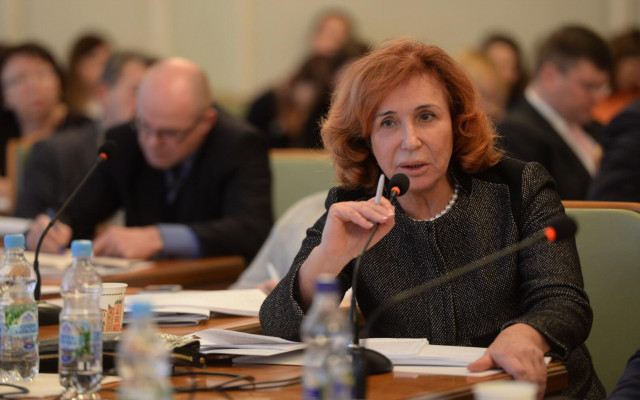
While the parliament is collecting votes for the adoption of the new Law of Ukraine “On the Bar and Advocacy” in accordance with draft law № 9055 (draft law) introduced by the President of Ukraine as urgent, the Глкфштшфт National Bar Association (UNBA) continues to insist on the inadmissibility of this draft. The Head of UNBA Lidia Izovitova commented on the reason for that.
— UNBA opposed from the very beginning of the draft law development. What is wrong with the draft?
— Unlike other legal institutions, the bar was already reformed in 2012, and the relevant legislation only needs some improvement. First of all, we opposed the development of a draft law without the participation of UNBA, since this directly violates international standards. We opposed the promotion of the draft law without an assessment by the Venice Commission.
After the text was published, we confidently stated that the implementation of many of its provisions would violate the entire section of the Constitution of Ukraine on the rights and freedoms of individuals and citizens. The Constitution guarantees everyone the right to professional legal assistance, and this function is vested in the bar. Due to the many provisions of the project, the effectiveness of providing such assistance will be significantly reduced. Thus, the completeness of the implementation of legal instruments of the defender, according to the draft law, is limited by the liability for abuse of professional rights. Article 221 of the Criminal Procedure Code of Ukraine (CPC) proposed by the draft law “Inadmissibility of abuse of procedural rights” and several other novelties of the main text of the draft law also jeopardize human rights guarantees. Similar, in my opinion, controversial from the point of view of constitutional guarantees for professional legal assistance norms are contained in procedural codes.
Further, the constitutional right of a person to the free choice of a defender is also violated. This choice will be influenced by prosecutors, investigators, and judges. In general, the draft law seriously enhances their status in the process. Even the text of the attorney's oath proposed by the draft law replaces the ideology of the legal profession to professionally provide legal assistance to the client with the ideology of serving the judiciary.
Article 22 of the Constitution of Ukraine prescribes that the content and scope of existing rights and freedoms shall not be diminished in the adoption of new laws. However, the accompanying amendments proposed by the draft in the Criminal Procedure Code of Ukraine, together with the already existing amendments proposed in other procedural codes a year ago, make several constitutional articles at once into useless declarations. The right of an advocate to an advocate's request, the classic tools of protection: filing petitions, claims, objections, appealing court and procedural decisions - are closely associated with the concept of abuse of procedural rights. It turns out that there is provided criminal liability for the use of professional rights of advocates. In addition, there is a new type of disciplinary action introduced - suspension of the right to exercise representation and protect clients in court, which is an indirect restriction of citizens' rights.
In essence, the advocacy, which should be carried out freely and independently, is criminalized. This is provided for by all international standards: from the UN Basic Principles on the Role of Lawyers to the standards of professional legal international organizations and the Council of Europe itself. The draft law puts the advocate before a choice: either to risk accountability (including losing the right to practice) or to perform a decorative function, refraining from submitting repeated petitions or appeals to defend a legal position.
Corruption risks, including those announced by UNBA, are set out in detail in the conclusion of the Verkhovna Rada Committee on Corruption Prevention and Counteraction. For example, the proposed wording of part 3 of Article 53 of the Criminal Procedure Code provides an opportunity for an investigator, prosecutor, investigating judge or court, despite the fact that the accused, suspect has a defense counsel, involve a different defense counsel to conduct a separate procedural act. In the conclusion of the Committee, it is directly stated that Article 221 of the Criminal Procedure Code of Ukraine in the wording of the draft law contradicts the provisions of the Constitution of Ukraine, decisions of the Constitutional Court of Ukraine.
One of the novelties that project proponents consider to be positive is the provision to advocates of an identified access to state registries and automated systems. However, as established by the Committee, its implementation depends on the decisions of the relevant state authorities. For example, access to the Unified Register of Pre-Trial Investigations - from the procedural opponent of the bar - the General Prosecutor's Office. Is it realistic to achieve this innovation without changing the register administrator, and is it necessary for this “crane in the sky” to agree on serious restrictions on the advocates’ professional rights?
— That is, the reason is not in the changes in self-government, as they say?
— Self-government is the real reason for the development of a new version of the law on the bar and not the reason for our rejection of the proposed scenario of the bar reform. We have many comments, including, of course, the section on self-government, but this is only one of the opposing arguments from the UNBA. The state of self-government cannot justify such a cardinal method as the liquidation of all the bar self-government bodies (BSGB) and the creation of new ones by the federal principle under the slogans of “decentralization”. Therefore, there has been launched a public opinion manipulation.
According to our assessment, based, among other things, on the experience of holding congresses and conferences, ensuring the current activities of the bar self-government bodies, the draft law’s provisions will lead to the collapse of the entire system and its subsequent transfer to state control. The annual congress, the holding of general conferences of the regions, the secret rating voting are not a democracy, but demagogy. In practice, these processes cannot be organized.
At the same time, the project introduces additional restrictions on the right of advocates to participate in self-government. Those who work under an employment contract cannot be elected to the BSGB. And those who work in state and local government bodies are deprived of both active and passive suffrage. Thus, the draft law does not make the system more democratic and transparent but removes some advocates from participating in bar self-government.
Moreover, self-government is a principle that guarantees the independence of the bar. That’s exactly why we defend the autonomy and functionality of the system. And the initiators of the reform see self-government as a big company and a career springboard. This is unacceptable since BSGB must work in the interests of the entire bar community, and not a group of ambitious individuals.
— To what extent are the regional councils dependent on the Bar Council of Ukraine (BCU) today? Does BCU affect the agenda in the regions?
— The current Law of Ukraine “On the Bar and Advocacy” contains a transparent mechanism for checks and balances in the separation of powers between the center and the regions. This is an analog of the democratic principle of separation of powers. The mechanism is very logical for a unitary state, and it is observed in the decisions of the Bar Council of Ukraine, and in the decisions of the regional bar councils. But the attempt to federalize the system looks strange for the state structure of Ukraine. It is necessary to not copy the models of other countries blindly but to take into account the negative foreign experience. The example of Turkey is very indicative: there, the reform began with a fragmentation of the system into regional bar chambers and continued with the mass persecution of advocates and the strengthening of the role of the Ministry of Justice.
— If the draft law is adopted in the first reading as a basis, in your opinion, can all disputed and problematic issues be resolved by the second reading?
— The Bar Council of Ukraine and the regional bar councils have repeatedly stated that the draft law should not be adopted in the first reading since it is conceptually unacceptable. Therefore, corrections that can be made between the readings will not affect its overall concept.
— What is bar self-government today?
— The current model of bar self-government has fully justified itself: it is institutionally stable, capable of personnel renewal through democratic mechanisms of advocates electing their representatives to the bar self-government bodies (about 1000 advocates across Ukraine, including many young professionals, are elected in the BSGB) balanced functionally and territorially. Moreover, the current law allows us to carry out the changes proposed in the draft law as a reform. For example, online testing instead of oral exams, on which we are already working on, within the framework of the existing system of Qualification and Disciplinary Bar Commissions (QDBC).
For six years, all regional and higher self-government bodies have been formed. The Single Register of Advocates of Ukraine is constantly being upgraded, complemented by new functions and capabilities (for example, the personal office of an advocate), the number of advocates has reached 45 thousand. We have conducted hundreds of training and professional development seminars, the educational activities of the UNBA have been strengthened by the work of the Higher School of Advocacy.
UNBA has become a member of key international law organizations - the Council of Bars and Law Societies of Europe (CCBE), the International Bar Association (IBA), has established partnerships with national bars in several dozens of countries around the world. As shown by a survey of the Center for Applied Research, advocates are satisfied with the services the UNBA provides them, trust BSGB at 80% and consider the organization as open and transparent (respondents did not notice a shortage of information about the activities of the UNBA). This confirms the effectiveness of the UNBA.
— What is the main mission of the bar self-government and yours personally as the Head of UNBA?
— Bar self-government is the international standard of the profession and a guarantee of its independence. The preservation of independence, the consolidation of the bar community, the full realization of our professional rights constitute the mission of the bar self-government. Every day we do our work so that 45 thousand advocates can provide legal assistance to Ukrainian citizens without any hindrance and at a high professional level.
Interviewed by Iryna Gonchar, "Yurydychna Praktyka"
Popular news
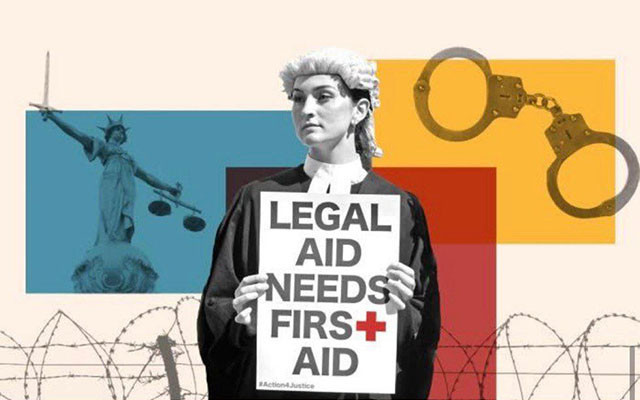
Advocacy
FLA needs urgent help, - Valentyn Gvozdiy
Twelve years of existence of the free legal aid system in Ukraine is enough to understand the inability of the Ministry of Justice to effectively manage this area.
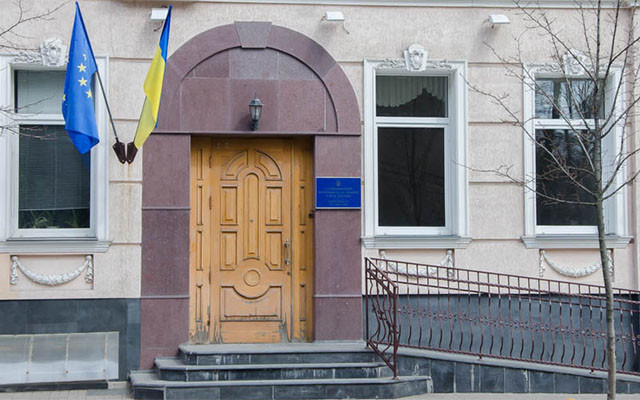
Advocacy
The Ombudsman is concerned about the state of the FLA system
The Secretariat of the Ukrainian Parliament Commissioner for Human Rights is ready to join the development of proposals for amendments to the legal acts developed by the Ukrainian National Bar Association that will improve the functioning of the free legal aid system.
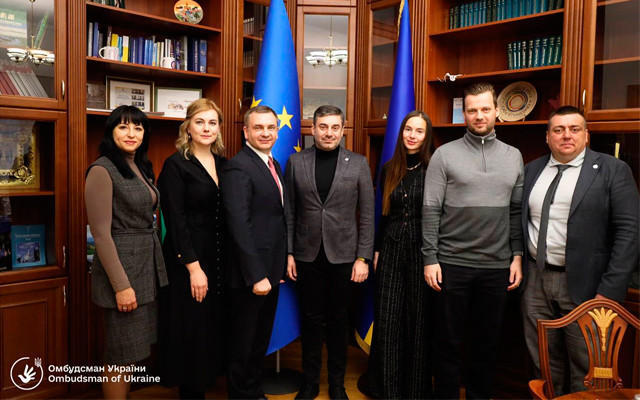
Advocacy
Ombudsman to provide legal aid with support of UNBA - pilot project
The Office of the Ukrainian Parliament Commissioner for Human Rights has launched a pilot project to provide professional legal aid to citizens in five regions of Ukraine.
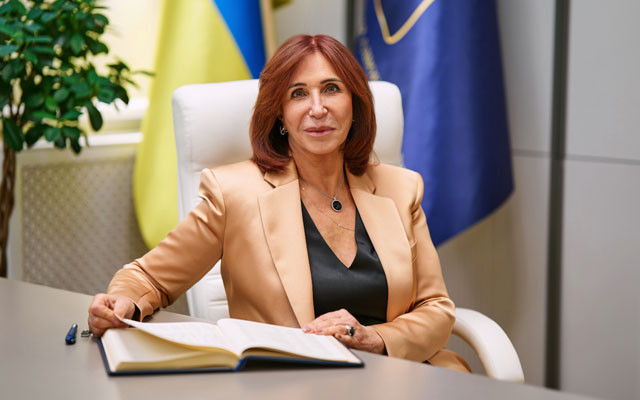
Advocacy
Another model should be introduced for the FLA system, - Lidiya Izovitova
Monitoring of the current state of functioning of the legal aid system shows the existence of significant and conceptual problems in the implementation of this assistance in Ukraine.
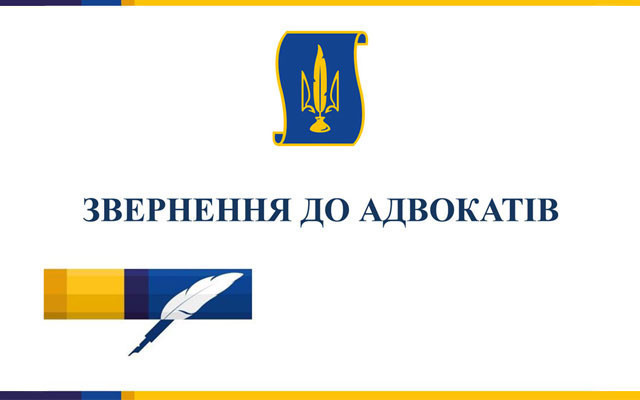
Advocacy
Violation of media guarantees of advocacy is being studied by the UNBA
An open appeal of the Ukrainian National Bar Association's Committee on Information Policy and Interaction with the Mass Media to the advocates.
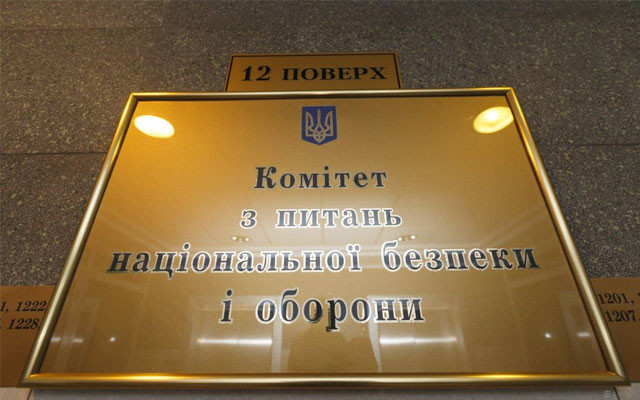
Advocacy
Lawyers are offered to be booked - amendments to draft law No. 10449
In their amendments to the draft law on strengthening mobilization, MPs propose to provide for the booking of lawyers. The goal is to prevent disruptions of court hearings.
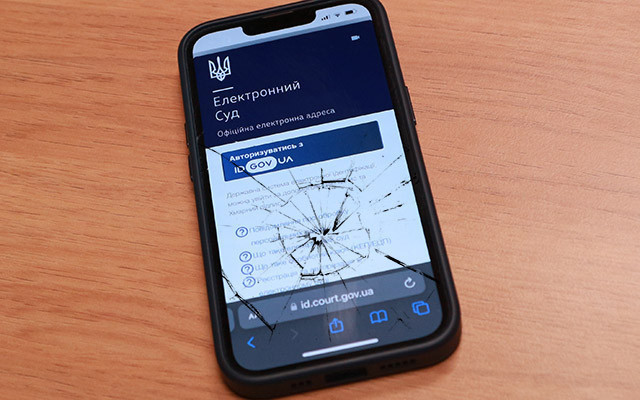
Advocacy
E-Court failures violate constitutional guarantees – UNBA
In recent days, the Ukrainian National Bar Association has received numerous reports from lawyers about technical failures in the operation of the Electronic Court subsystem. In particular, the complaints relate to the inability to log in to the electronic office, which restricts advocates in exercising their procedural rights, in particular, to submit documents and participate in court hearings in the videoconference mode.
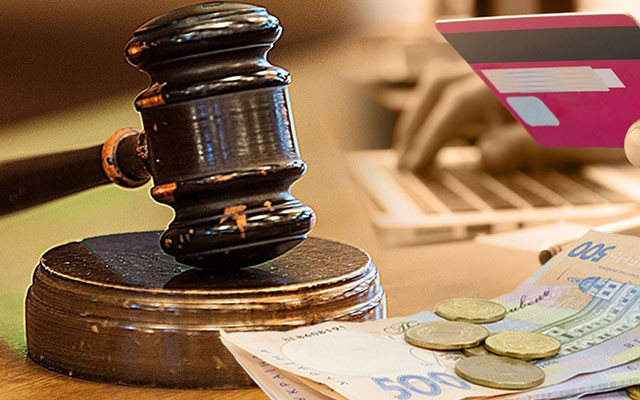
Advocacy
Fixed fee: time of work is important for reimbursement of attorney's fees – SC
The procedure for calculating the hourly fee differs from the fixed fee, which does not take into account the actual time spent. However, in both cases, they are taken into account when deciding on the reimbursement of legal aid expenses.
Publications

Ihor Kolesnykov A BRIEF SUMMARY REGARDING THE APPLICATION OF THE ORDER ON EXTENDED CONFISCATION IN LATVIA REGARDING FINANCIAL ASSETS OF…

Valentyn Gvozdiy WORKING IN A WAR ZONE

Lydia Izovitova Formula of perfection

Sergiy Vylkov Our judicial system is so built that courts do not trust advocates

Iryna Vasylyk Advocacy in the proclamation of Independence of Ukraine

Oleksandr DULSKY When we cross the border of the Supreme Anti-Corruption Court, we get into another department of the National Anti-Corruption…

Vadym Krasnyk The UNBA will work, and all obstacles and restrictions are only temporary inconveniences

Lydia Izovitova Interview with Lydia Izovitova on the occasion of the 8th anniversary of the founding of UNBA: We are the voice of t…
